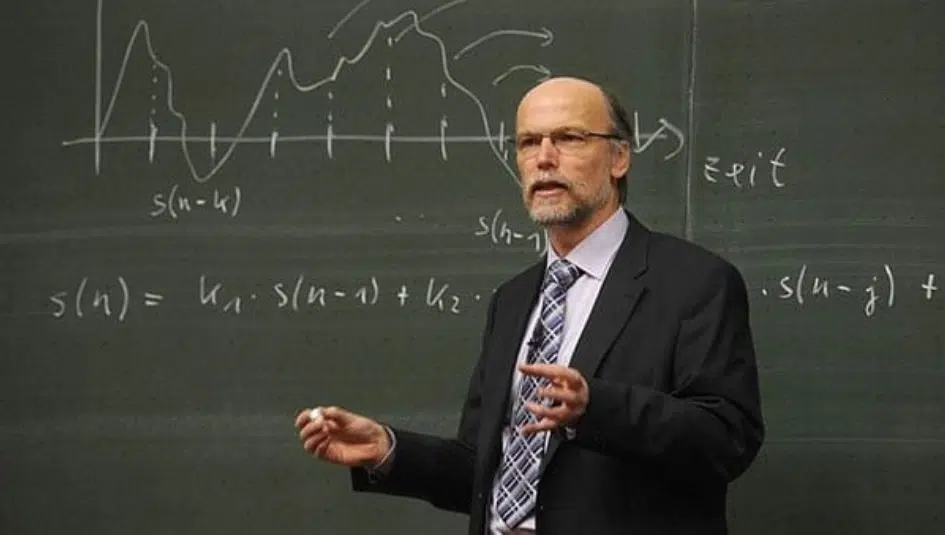
Chasing higher salaries, not higher things in life
Is education liberal or conservative?
I’m not talking about party politics. I mean something much more fundamental: Is the work of teachers inherently geared towards replicating scholastic and cultural traditions, or does school exist to prepare students for – and even usher in – social and cultural change?
Does school make history or just teach it?
According to Steven Murphy, president and vice-chancellor of University of Ontario Institute of Technology in Oshawa, the days of preserving cultural tradition are well since passed.
